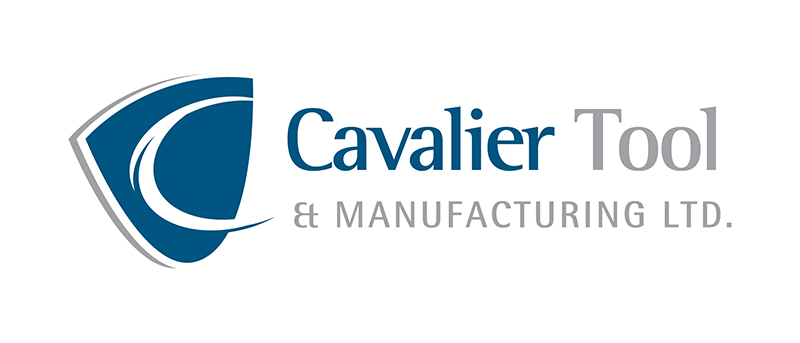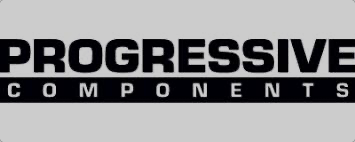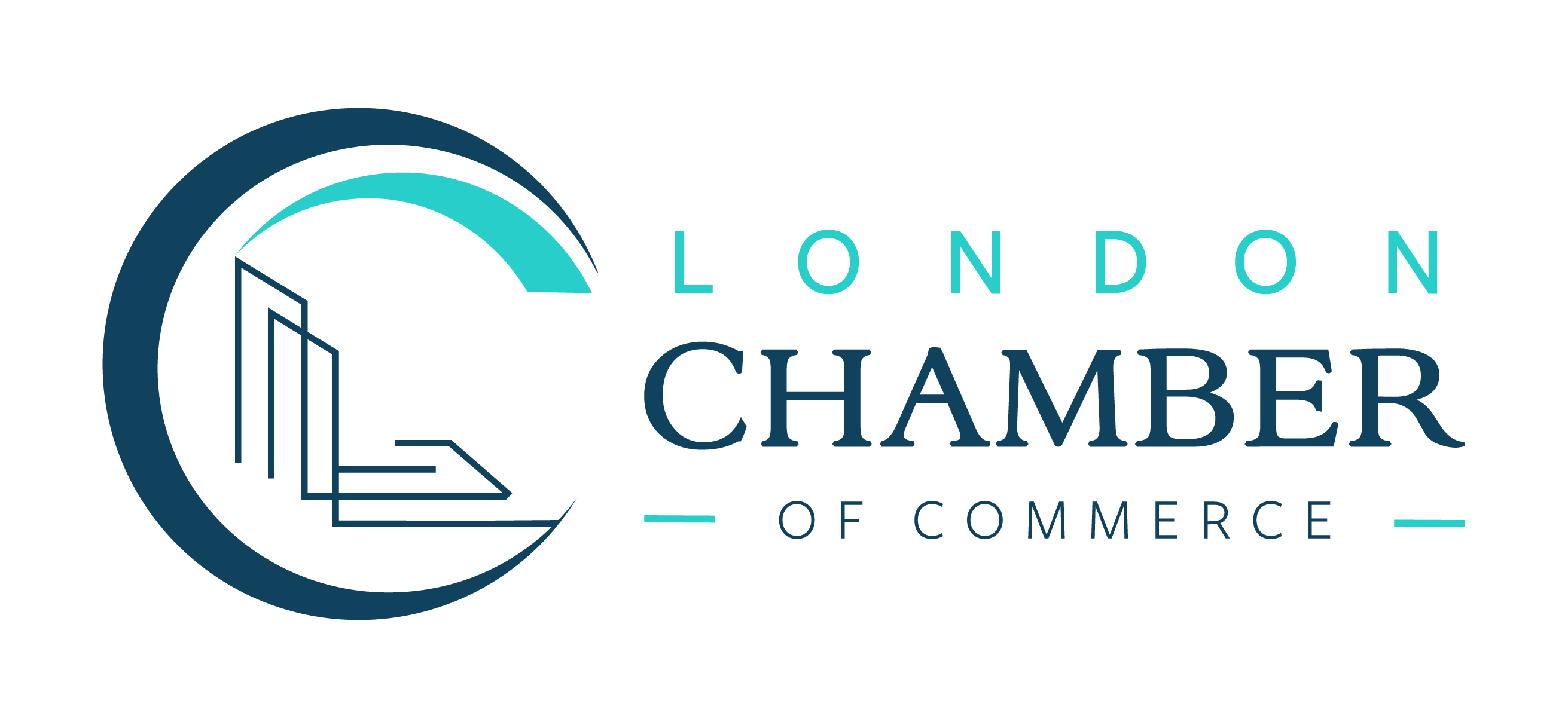From Plastic News
Cavalier Tool & Manufacturing Ltd. has grown beyond its original headquarters facility near Windsor, Ontario, and added more capabilities in tool production.
Windsor, Ontario-based Cavalier Tool & Manufacturing Ltd. continues to grow as a “boutique” mold maker with a focus on speed to market at the center of a nearly C$11 million (US$8 million) investment.
Founded in 1975, Cavalier Tool produces more than 200 mid- to large-size molds annually for the automotive, commercial, recreational and agricultural markets.
About 250 employees build tools for injection, structural foam, gas-assist, multishot, thermoset, prototype and compression molds that operate in 250-4,000 ton presses.
Cavalier’s growth has also come rather quickly. Since the start of the pandemic in March 2020, the company has expanded from one to three production sites and opened a third office in India. Some of the new demand came from the medical market, according to Sales Manager Tim Galbraith.
Cavalier typically builds high-tonnage tooling, which has a limited market in medical, but the company did respond to early pandemic needs with deeply discounted tooling to solve personal protective equipment shortages.
“Although Cavalier’s medical market footprint is small, the immediate supply chain disruption of the initial COVID lockdowns required domestication of products normally imported,” Galbraith said in an email. “Cavalier stepped up to produce a program of molds in two to four weeks to assist in filling production requirements for hand sanitizers.”
Then the markets for consumer goods and powersport products surged for Cavalier, and both have remained strong throughout the pandemic.
“Both markets are long-term staples of Cavalier’s business footprint,” Galbraith said. “Manufacturers requiring fast and reliable tooling trusted Cavalier to meet their those needs.”
“Speed to market” will be the theme of Cavalier’s exhibit at the Injection Molding and Design Expo, set for May 25-26 at Detroit’s Huntington Place. The event is put on by Plastics News and Applied Market Information Ltd.’s Injection World magazines.
Almost all of Cavalier’s $8 million investment is allocated to the future Plant 3. Galbraith said that figure will likely climb as construction costs continue to rise.
Cavalier invested in Plant 2 last year after acquiring the 22,000-square-foot Mold Services International Inc. facility in Oldcastle, Ontario, in January 2021 to add production capacity and technology to go after bigger projects. The company had to raise the roof and lower the floor to accommodate a custom machine expected to arrive in the summer.
Cavalier Tool & Manufacturing Ltd. has grown beyond its original headquarters facility near Windsor, Ontario.
Later in 2021, Cavalier officials bought the 25,000-square-foot building right next door. When construction and renovations are complete, this third plant will have automated manufacturing cells and house design and engineering services.
The need for speed is behind the physical expansion and technological upgrades, according to company officials.
“What’s the one thing we can sell? Speed,” Cavalier President Brian Bendig said. “A lot of our purchasing decisions are based on automation solutions as well as speed. I’m buying speed.”
Building for speed
The third plant that is under construction was designed to be a model of efficiency in metal removal and refinement.
“We’re going to be making our own mold components, bringing in-house what we used to farm out,” Bendig said, calling the plan another way the company is speeding its process.
The work cell will handle machining for mold components 30 inches and smaller, like lifters, slides and inserts. Every machine in it will be equipped with a Kuka QCA nine-axis robot with elbow, wrist and thumb capabilities to pick up pieces vertically and horizontally with every process tracked using radio-frequency identification technology.
“We can have up to 200 workpieces in the cell at various stages of machining at one time. I don’t know of anyone else in our area who is doing this,” Bendig said.
The work cell will be put together over a year with various vendors staging installation and integration, Galbraith added, and its throughput will be dependent on the size and complexity of the individual parts.
“The actual component machining time will not be much faster than our current equipment. The gain is in automation,” he said. “Scheduling will optimize throughput and maximize machine utilization with little to no operator requirements. The 200-pallet library will allow not only a big buffer for the cell but flexibility in that schedule and enable us to pivot requirements as emergencies and customer demand requires without effecting efficiency.”
A pallet library is a collection of pallets with workpieces on them stored in a rack that is serviced by a robot. When the machine is ready for a workpiece, it calls for the appropriate pallet and the robot retrieves it from the rack or library and loads it in the machine to be worked on. When complete, the robot will return the piece to the so-called library or the next machine in the cell if it is ready for it, and then call for the next pallet.
“In theory, you only need two pallets for each workstation to keep the spindle running. One to be loaded/unloaded while the other is in the machine being worked on,” Galbraith said. “Having a large library — 200 pallets — allows multiple differing fixturing setups on the pallets to optimize load/unload time for a specific ‘type’ of part — round, square, FCS, V-block, chucks, etc. This volume of pallets also allows speed of loading, flexibility in scheduling and prolonged unattended operation.”
Also at Plant 3, Cavalier has invested in an Okuma LB3000 EX II multiaxis slant bed turret lathe with live tooling; three Hermle C32U five-axis, high-performance, computer numerically controlled machining centers; and an Okuma MCR-A5CII high-speed double column machining center with compact autoloading and unloading attachments for five-sided machining. The latter machine is very flexible with a right-angle head and other features that allow tool builders to do metal removal much faster, Bendig said.
“Where normally we would have to go around a plate 30 or 40 times to make a 3-inch cut, with this machine, we can take off 3 inches of steel in one pass. You’ve got to have tremendous amount of horsepower and rigidity to do that,” Bendig explained.
Adding power
The machine investments started in 2021 at the second plant include a custom-designed and -built Okuma MCA3, which is a double column machining center that the company says essentially takes its very large MCR-BV and puts it on steroids. The MCA3 machine, which is about 62 feet from end to end and holds up to 77,000 pounds or 35 metric tons, is scheduled to arrive in July. Cavalier had to raise the roof 8 feet in the back and then lower the floor by 6 feet to accommodate it.
Only four Okuma MCA3s have been made, and Cavalier’s will be the first to be delivered outside of Japan.
“It took us six months to spec the machine,” Bendig said. “They told us that we ordered so many options they created an all-new model, so they built three of them and we got the fourth one.”
He describes the MCA3 as “a real hogger” compared with the company’s other machines with 350-650 newton meters of torque.
“The MCA3 has 1,600 newton meters of torque — it is five times more powerful,” Bendig said.
He and his crew have pioneered other new and better versions of machine tools that eventually found their way into the suppliers’ catalogs, such as the Hermle C62.
“They had a model called the C60, but we added so many features and made so many changes that they created a new model they call the C62, which is now their top-selling model,” he said.
That’s one of the reasons why Bendig says Cavalier’s equipment is made by a “boutique builder.”
“We don’t buy mass-produced. We buy specialized and niche; it’s more boutique,” Bendig said. “We favor equipment built for our specific needs, which in turn delivers on that boutique experience for our customers. We’re very specific because our machines are in production 24/7, and we like to push them to their limits.”






